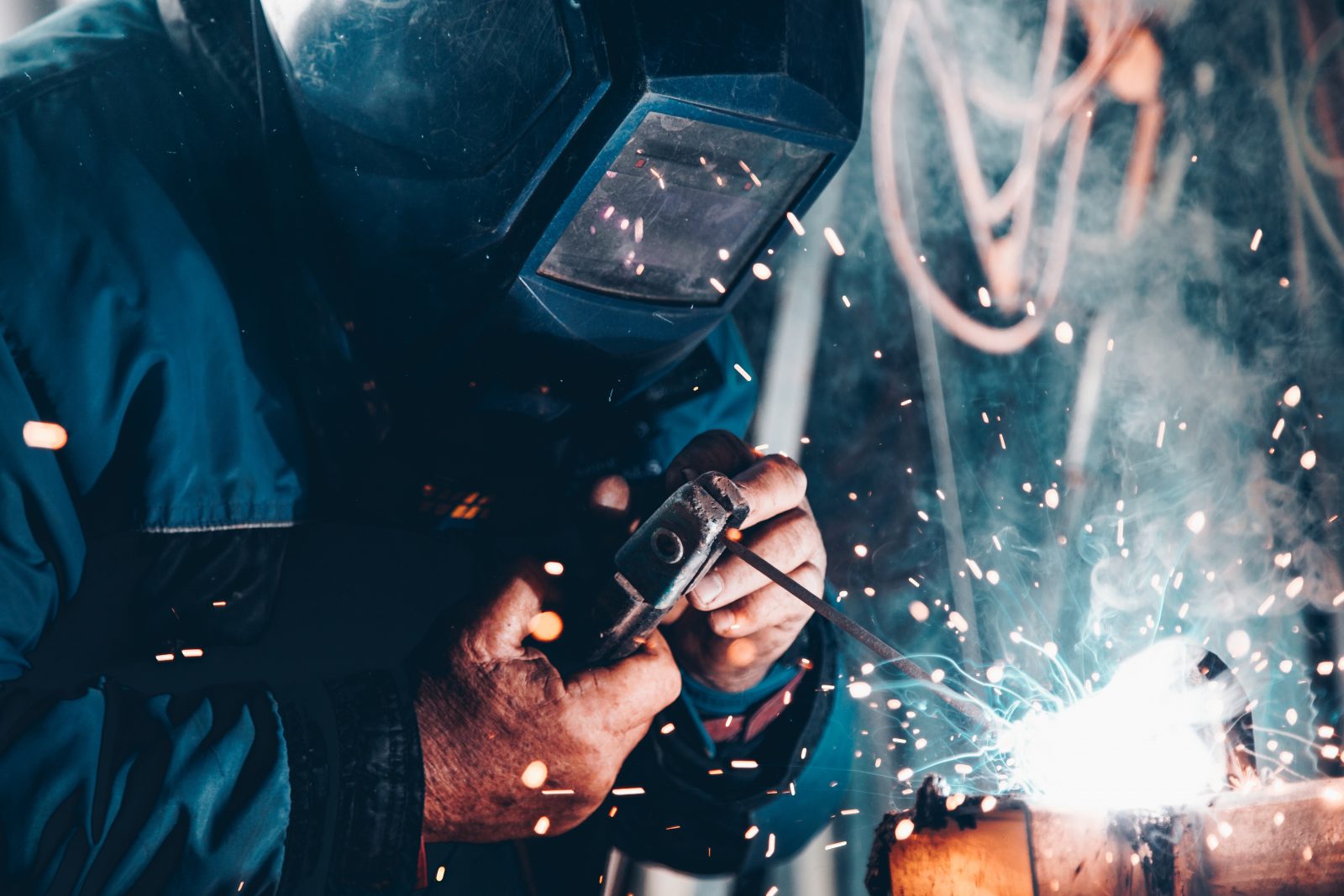[exif id="33430"]
I think John is too optimistic about the positive effects robots will have in our lives. If people can’t even feed and house themselves doing the low paying jobs currently available then what will these people do when robots replace them? And it’s not just the low paying jobs. What will I do when an AI proves capable of doing my jobs better (faster, more accurately, incessantly).
Or as Daniel Miessler puts it.
What do we do with a species and society that’s based on having jobs and earning money for livelihood when there are no more jobs?
And how quickly will this occurr? In another blog post, Daniel has something to say about that.
Experts disagree on the speed at which this is happening, and whether blue or white collar jobs will go first. I think the answer is fairly straightforward: blue collar jobs will go first if they can be automated like factories (such as manufacturing plants), and white collar jobs will go first that can be done better by AI (such as day traders and fund managers). But many of both types of jobs will remain, such as plumbers and artists, for quite some time.
Anyway, the point is not the exact speed that this is happening, or who it will affect first. The point is that it is happening, and faster than most think.

